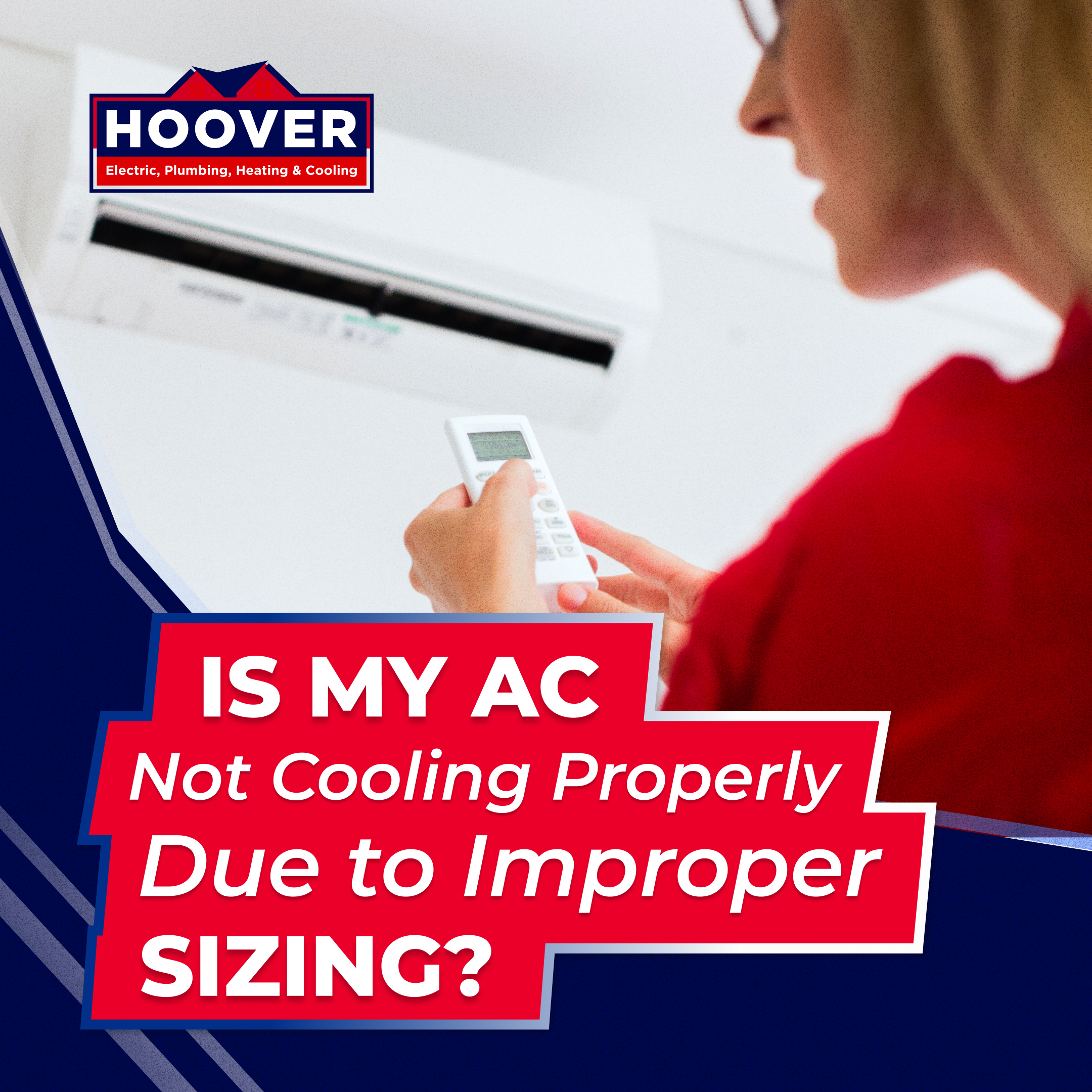
In the modern world, we rely on our electronics for everything so avoid disastrous situations and protect your home against power surges with Hoover Electric’s helpful tips. Michigan springs see an increase in lightning storms, so be ready in case of strikes near your home.
Did you know, however, more mundane events cause the majority of power surges? Don’t worry, we’ve got you covered for those, too! In this blog, we’ll review the causes of power surges and what you can do to protect your appliances and electronics from disaster.
What Causes Power Surges?
Power surges happen for a number of reasons. To best protect against power surges, review the causes, and plan accordingly before a surge occurs. The causes are more common than you think!
High-Power Devices
First, devices that use large amounts of power cause power surges. Some electrical devices need a lot of energy to operate. When they turn on, like an air conditioner or furnace springing to life, it causes a high demand of power all at once. This causes disturbances in the flow of energy, which leads to a surge. Any big piece of equipment which uses large amounts of power can lead to surges.
Power Line Interference
Unlike high-power devices, power line interference occurs outside of the home. Sometimes a tree branch gets tangled up in the power line, which interacts with your flow of energy. In these cases, a surge usually happens to everyone sharing that line. What a bummer!
Lightning Strikes
Though lightning strikes are not the most common cause of power surges, they must be mentioned. While uncommon, the damage done by a lightning strike far exceeds the consequences of the surges previously mentioned.
Lightning’s electrical power goes beyond what any home handles on a day-to-day basis, so these surges are particularly harsh on your electronics.
Protect Against Power Surges at Home
But how do you protect against power surges? Great question! Luckily, Hoover has answers. You have several options if you want to protect your home from power surges. For each cause of a power surge, you have a solution. Some of these solutions even span across causes.
First, consider a backup generator for emergencies. You never know when a surge may strike, so invest in a backup generator just in case. More and more homeowners see the benefits of a backup generator, and Hoover has the ability to make it happen!
A backup generator is hard-wired to your home’s electrical system. With an automatic changeover switch, it detects a power outage and immediately turns on the generator for backup power.
Next, protect against power surges with surge suppressors. These devices transfer the electrical surge from your electronics to the ground, a natural insulator.
Surge suppressors go on your electrical meter or service panel to best divert the high flow of electricity. Power strips also effectively transfer high energy flows if they have built-in circuit breakers.
Finally, unplug devices when not in use, plan where you plug in your devices, and keep a watchful eye on your power usage. In the short-term, these solutions prevent damage if a surge strikes, but don’t have many preventative uses.
Of course, these tips are best used when paired with surge suppressors and backup generators. Protect against power surges in every way possible!
Contact Hoover Electric – We’ll Protect Against Power Surges
Here at Hoover in Clinton Township, Michigan, we know the stresses with unprotected electronics. With our help, keep your home safe from the damages associated with power surges.
You never know when a surge might happen, so always be prepared. To protect against power surges, take preventive measures. Don’t waste time without protection.
Call Hoover today to get a free estimate on the backup generator installation. We’d love to hear from you! Our electricians perform lots of services for homeowners, including breaker panel replacement, ceiling fan repair and installation, home electric repairs, light fixture installation, and home rewiring.


